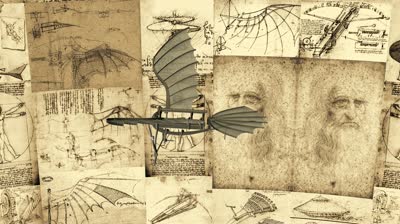| Reading a few posts on hydraulic forums I still see some commentators will dive straight into circuit design recommendation without asking about the nature of the imposed loads and other factors which have a profound affect on the system design. This only leads to poorly designed systems or far worse, systems which are not fit for their purpose and will need major rectification. One example is a recycling plant machine design I was involved with. The start up power was not considered as significant and the whole design was based on normal running. The result was an underpowered hydraulic system. Fortunately changing to variable power control devices fixed the issue but the intended overall production rate was less than required and with lots of finger pointing at the time. Another example, we were breaking axles on a mobile machine driving down hill, scratching our heads saying "don't you break axles going up the hill?" No, since mechanical inefficiencies work backwards in a system on a down hill run and become significant with large gradient differences. A simple fix was set a cross port relief for up the hill and another different setting for down the hill. I bet the guys who designed The Titanic wished it was that simple! Anyhow I'm guilty and seen others do so many times is not considering the nuances of the imposed loads and straight away begin a schematic design and even component selection of a circuit only to do major changes when the "goal post moves" due to new loads being included, which results in wasting time, money and loss of the client's confidence. A brief example to help make the idea clearer. Some questions I asked based on a project of a mobile drilling machine. Imposed Loads: 1. What happens: When the drill breaks through, the drill binds, hammering whilst drilling, to the torque when drilling through different strata, drill mast movement while drilling. 2. From that: We had to ensure machine stability, protect the hydraulic motor from over speeding, methods to control the feed rate, limit the drill force. Providing a more comprehensive circuit than just turning a hydraulic motor. The moral to the story is ti think about the nature of the load, come up with the pertinent questions, have some expectation as how it will behave then begin to design an appropriate system. As Sun Tzu said in The Art of War "If you know the enemy and know yourself you need not fear the results of a hundred battles" well maybe he really meant not fear a hundred hydraulic circuits. Next: using relevant Standards in fluid power design ( possibly more exciting reading than Harry Potter) |
|
1 Comment
EXPENSIVE EDUCATION
Does the "Clever Country" need to be a rich country? The cost of higher education is becoming more synonymous to simply how much future debt will I have. Higher education is not the be all and end all but simply one of the best ways to understand some of the deeper meanings of life. However higher education is becoming out of the reach of many people due to the costs involved. Typically an undergraduate degree in Australia is $42k, in the USA $ 39k and in the UK $33k. Australia is one of the most expensive places to obtain a degree. I'm currently doing a post graduate Master of Engineering Science which will cost approximately $45k , with some government support that will reduce to $25k (although it's really the tax payers who foot the government support). Will that degree pay for itself in the long run? Probably not! If I want to continue to a Doctorate that's about $80k. Many say a better World is an educated world? I believe in that. So should we really be making education so expensive at the determinant of our planet? |
Archives
December 2014
AuthorRaymond Ho - Categories
All
|



 RSS Feed
RSS Feed
